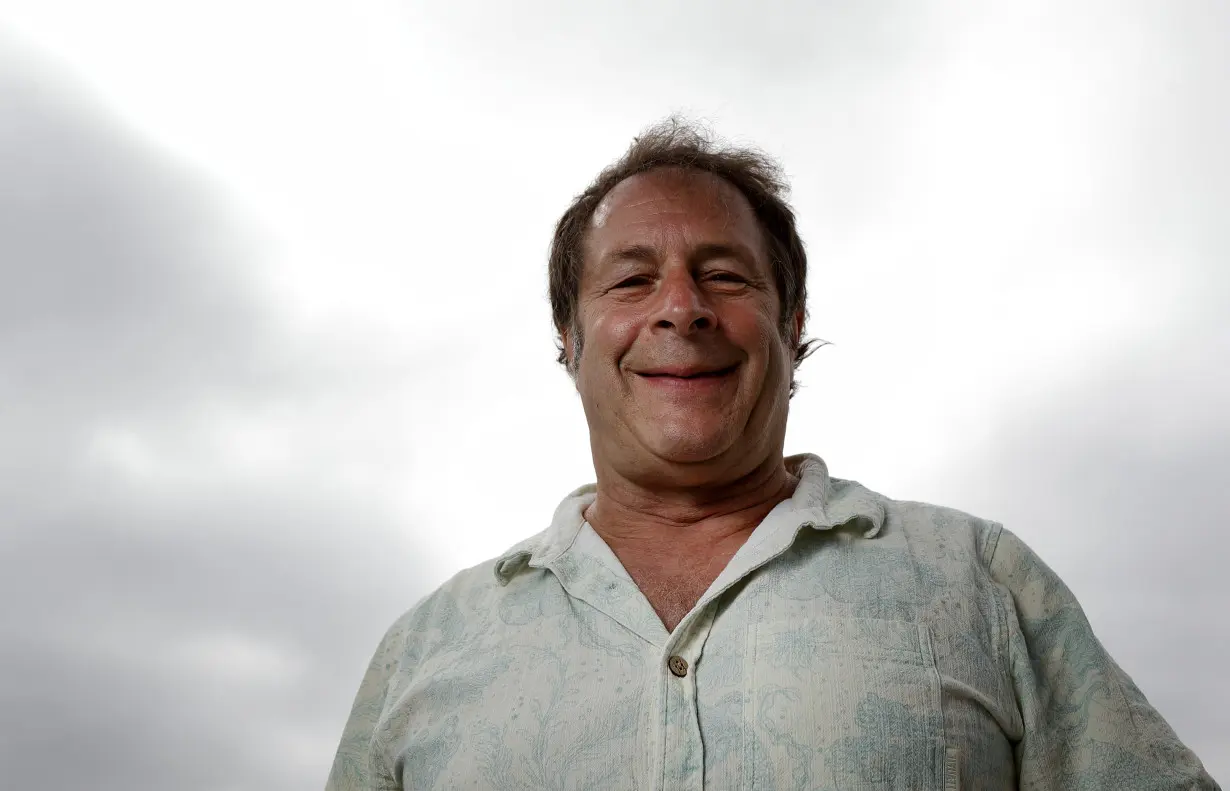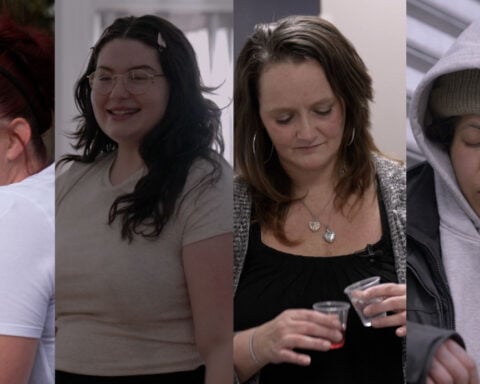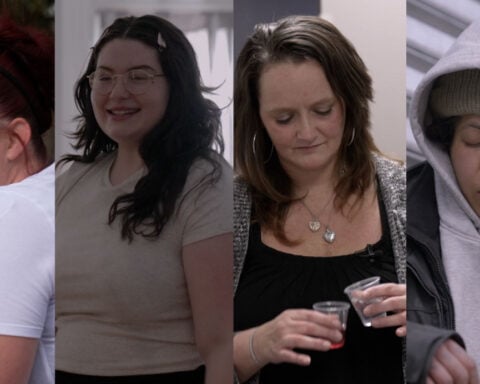Money is pouring into the fledgling psychedelic medicine industry, with dozens of startup companies vying to be among the first to sell mind-expanding drugs for depression, addiction and other mental health conditions.
While psychedelics are still illegal under federal law, companies are jostling to try and patent key ingredients found in magic mushrooms, ayahuasca and other substances that have been used underground for decades or — in some cases — for millennia by indigenous cultures.
Wall Street's sudden exuberance for hallucinogens has rankled longtime advocates and philanthropists, who dreamed of making low-cost psychedelics widely available for mental health and personal growth. Instead, many now see a very different future for drugs like psilocybin and LSD: as expensive, specialty medications controlled by a handful of biotech companies.

“It’s disappointing,” said Carey Turnbull, an investor and philanthropist who sits on the board of several psychedelic nonprofits. “All the air is getting sucked out of the room by these for-profit companies who say, ‘Wow, this stuff is awesome, if I could patent it I’d make a fortune.’”
Since 2010, Turnbull and his wife have donated millions to fund psychedelic research at New York University, Yale and other top academic centers.
Promising results from those studies have sparked a wave of popular interest in psychedelics, amplified by books, documentaries and articles touting their potential to reshape care for mental illness, trauma and end-of-life care.
But in recent years, Turnbull has pivoted to challenging what he and other advocates consider frivolous patents filed by companies entering the field.
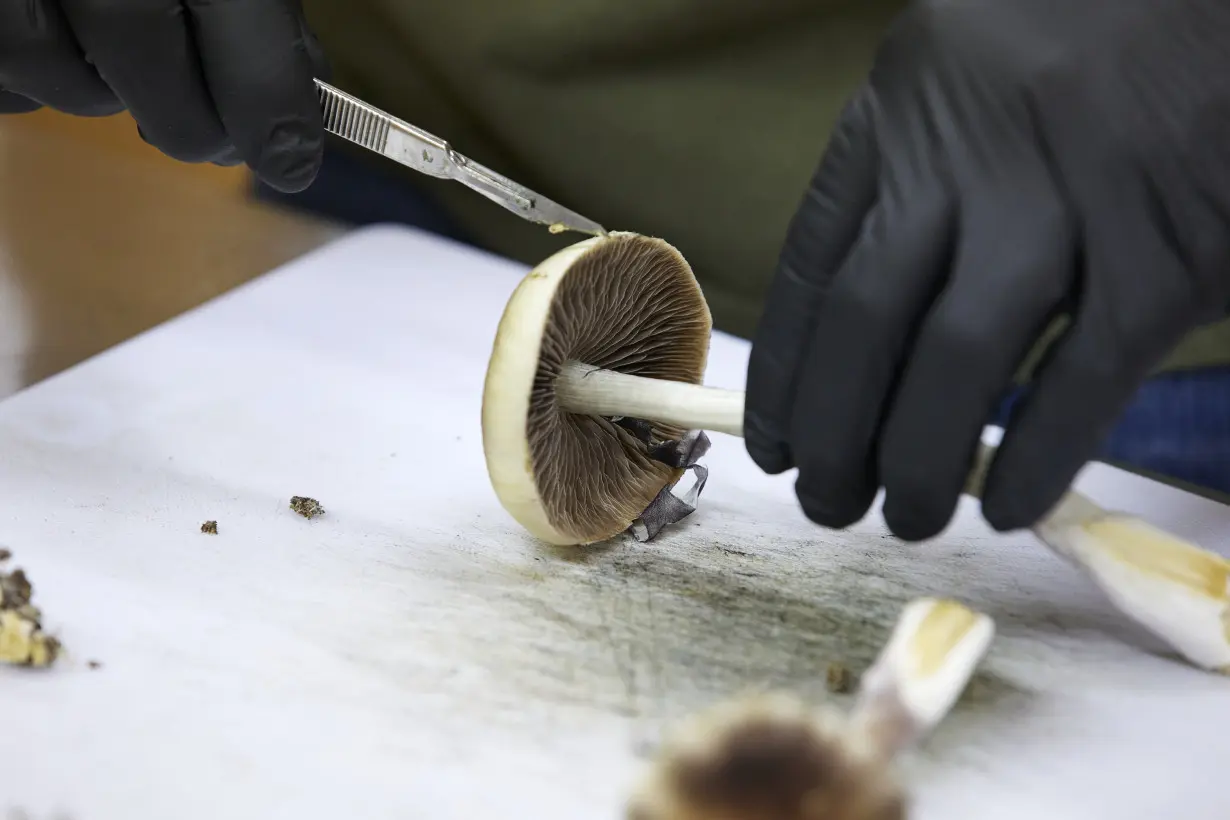
Most psychedelic startups are backed by venture capitalists or tech investors looking for the next industry “disruptor.” Behind one of the biggest companies, Atai Life Sciences, is PayPal billionaire Peter Thiel, whose enthusiasm for psychedelics is shared by many in Silicon Valley.
About 50 such companies now trade on public stock exchanges, including developers of psychedelic drugs, retreats and training programs. Some analysts project the industry could grow to over $10 billion within the decade.
But recently investors have pulled back, amid reminders of the stark challenges of converting illegal drugs into money-making medicines.
Atai laid off 30% of its staff last March after its depression treatment failed in a key study. Stocks are down 80% to 90% from their highs across the industry with several smaller companies restructuring or declaring bankruptcy.

“They’re in this hype cycle, but then the reality of running a biotech company catches up with you,” said Chris Yetter of Dumont Global, which trades in cannabis and psychedelic companies. “You do drug trials and some of them succeed and some fail and every quarter your cash drains away.”
The cash crunch recently forced fundamental changes at the field's leading nonprofit, the Multidisciplinary Association for Psychedelic Studies.
For more than 30 years, MAPS' efforts have been funded almost entirely by donations from wealthy individuals, including billionaires like New York Mets owner Steven Cohen and Republican political donor Rebekah Mercer. On principle, MAPS has never patented its work.
The group’s pharmaceutical arm, the MAPS Public Benefit Corp., is expected to win U.S. approval this year for the first psychedelic medicine accepted for review by the Food and Drug Administration: MDMA, or ecstasy, to help treat post-traumatic stress disorder.

But as investment opportunities have multiplied, charitable donations have dried up. The group was recently forced to take on private investors to continue funding the drug company, which changed its name to Lykos Therapeutics.
“We’re a victim of our own success,” said MAPS founder Rick Doblin. “It’s heartbreaking because I had hoped to go the whole way with philanthropy, but I was unable to raise the mega millions to do that.”
Psychedelics never fit the business model of the traditional blockbuster drug: an exclusive, patent-protected medicine that patients take regularly for years.
None of the psychedelics currently being studied are new. Synthetic drugs like LSD and ecstasy have been off patent for decades. Naturally occurring substances like psilocybin, found in certain mushrooms, can’t be patented by themselves.
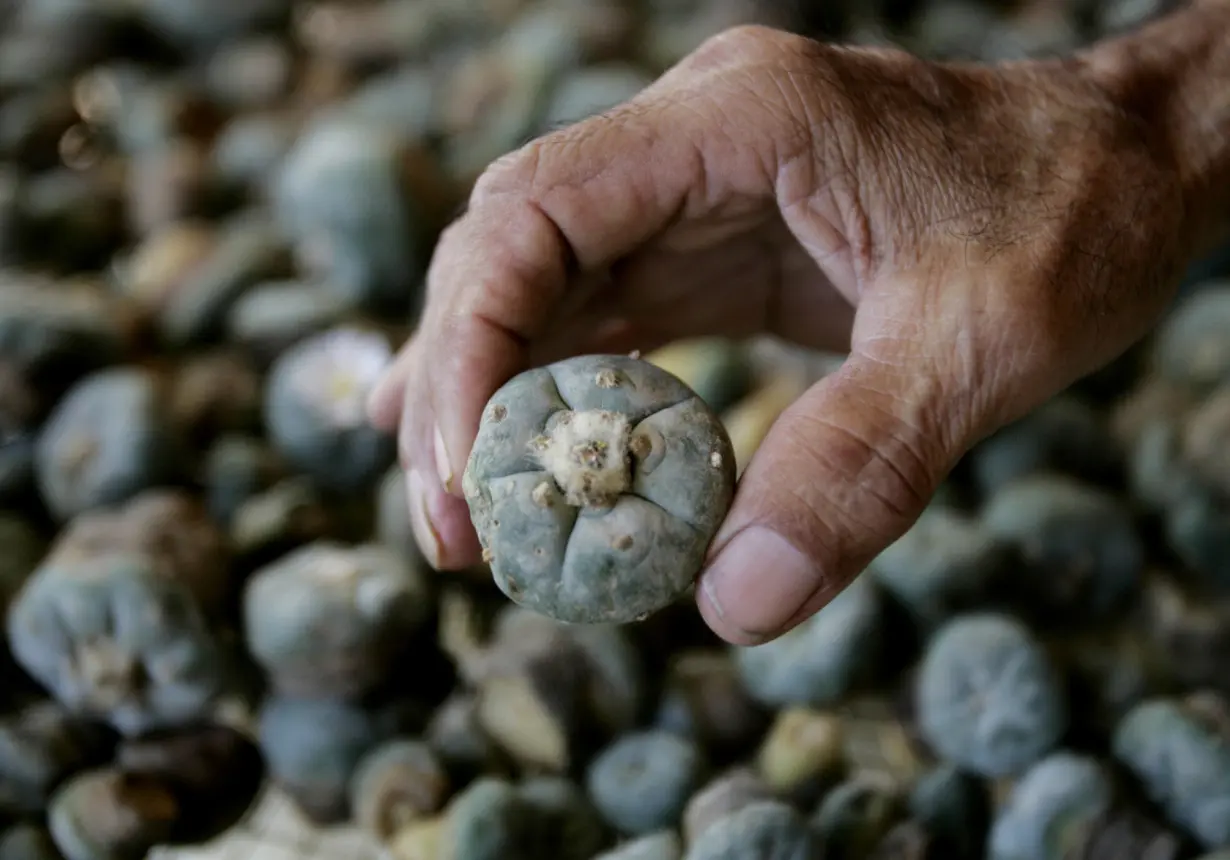
And then there’s the challenge of administering drugs that bring about intense, disorienting visions and experiences. All the drugs vying for FDA approval will have to be given under professional supervision, typically during several therapy sessions lasting about six to eight hours each.
All those hours and professional fees will drive up costs, which many analysts say could range from $5,000 to $10,000 for one course of treatment.
Psychedelic executives say the only way to defer those costs is to conduct large, rigorous clinical studies needed for FDA approval, which could compel insurers to pay for psychedelics. But funding those studies requires raising tens of millions from investors, who typically only back drugmakers with strong patents.
“The only way you’re going to bring about that broad and equitable access is with robust intellectual property,” said Kabir Nath, CEO of Compass Pathways, which is studying laboratory-made psilocybin for depression, anorexia and other disorders.
Compass is among the most aggressive companies in terms of trying to patent its technology, with dozens of applications filed with the U.S. Patent and Trademark Office.
One submission describes the “soft furniture” and “muted colors” that would decorate rooms where patients take psilocybin. Another patent lays claim to a specific, microscopic structure found in Compass' synthetic psilocybin, which the company claims is uniquely suited for mass production.
The company's efforts have drawn ridicule from some researchers, who note that as early as the 1970s, psychedelic therapists had codified the settings and techniques described in Compass patents.
“It just seems like a blatant power grab,” said Frederick Barrett, a neuroscientist who directs Johns Hopkins University’s psychedelic center.
But attempts to challenge the patents on Compass' synthetic psilocybin have been unsuccessful, despite years of work by Turnbull’s patent watchdog group, Freedom to Operate.
Other companies are taking more creative approaches to patenting psychedelics, such as reformulating them as dissolvable lozenges or films — or combining LSD and ecstasy into a combination pill. Skeptics note that that approach, dubbed “candyflipping,” has been used recreationally for decades.
One of the more intriguing reformulation efforts involves trying to shorten the duration of the psychedelic experience, or even do away with it entirely, while retaining the psychological benefits for patients.
The rush to innovate worries some psychiatrists who point to the many fundamental questions about psychedelics that remain unanswered, including exactly how they affect the brain and how long their benefits might last.
As companies develop more psychedelic derivatives and combinations, deciphering their strengths and weaknesses will become more challenging, says Dr. Jeffrey Lieberman of Columbia University. Unless researchers can clearly demonstrate their benefits, they risk another backlash like the 1970 federal ban that wiped out psychedelic research for decades.
“Psychedelics could have tremendous benefit for treating a number of illnesses,” Lieberman said. “But if we mess it up and rush the process, these drugs are going to get banned again and you lose that opportunity.”
___
The Associated Press Health and Science Department receives support from the Howard Hughes Medical Institute’s Science and Educational Media Group. The AP is solely responsible for all content.

 Trump has begun another trade war. Here's a timeline of how we got here
Trump has begun another trade war. Here's a timeline of how we got here
 Canada's leader laments lost friendship with US in town that sheltered stranded Americans after 9/11
Canada's leader laments lost friendship with US in town that sheltered stranded Americans after 9/11
 Chinese EV giant BYD's fourth-quarter profit leaps 73%
Chinese EV giant BYD's fourth-quarter profit leaps 73%
 You're an American in another land? Prepare to talk about the why and how of Trump 2.0
You're an American in another land? Prepare to talk about the why and how of Trump 2.0
 Chalk talk: Star power, top teams and No. 5 seeds headline the women's March Madness Sweet 16
Chalk talk: Star power, top teams and No. 5 seeds headline the women's March Madness Sweet 16
 Purdue returns to Sweet 16 with 76-62 win over McNeese in March Madness
Purdue returns to Sweet 16 with 76-62 win over McNeese in March Madness
